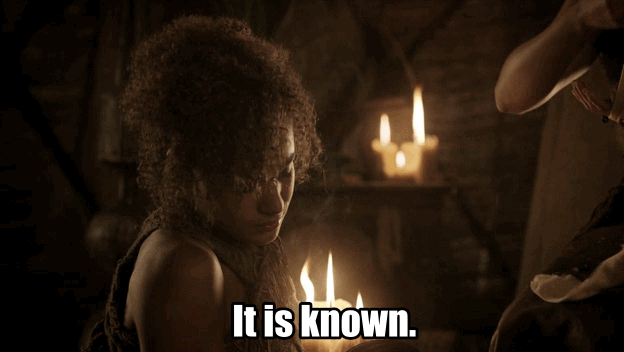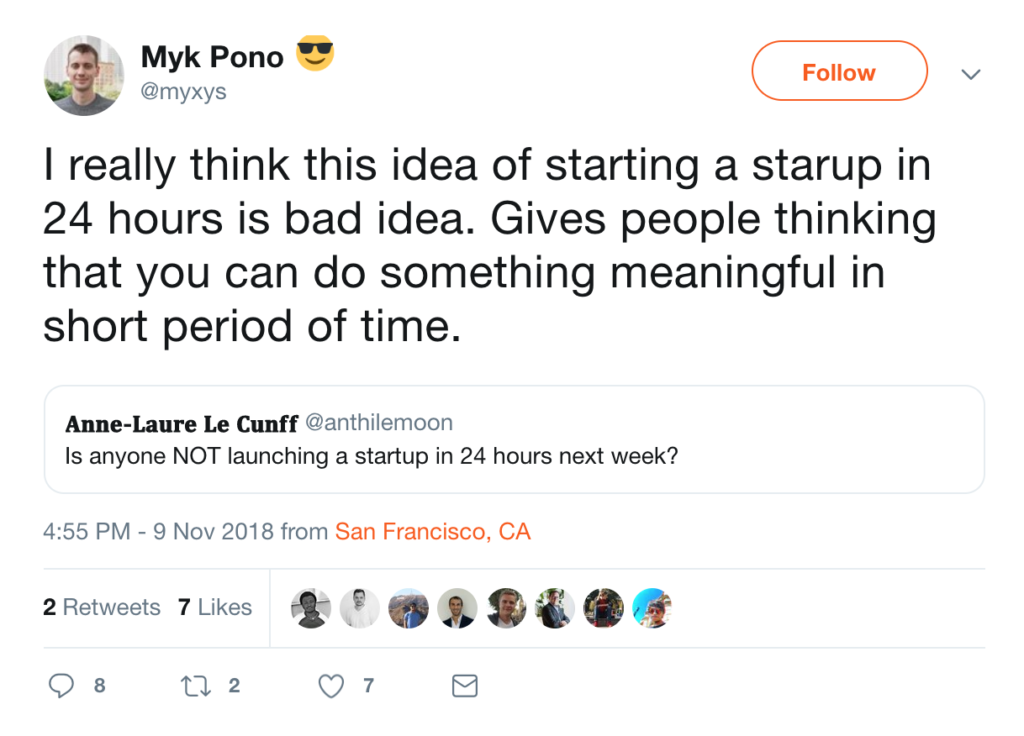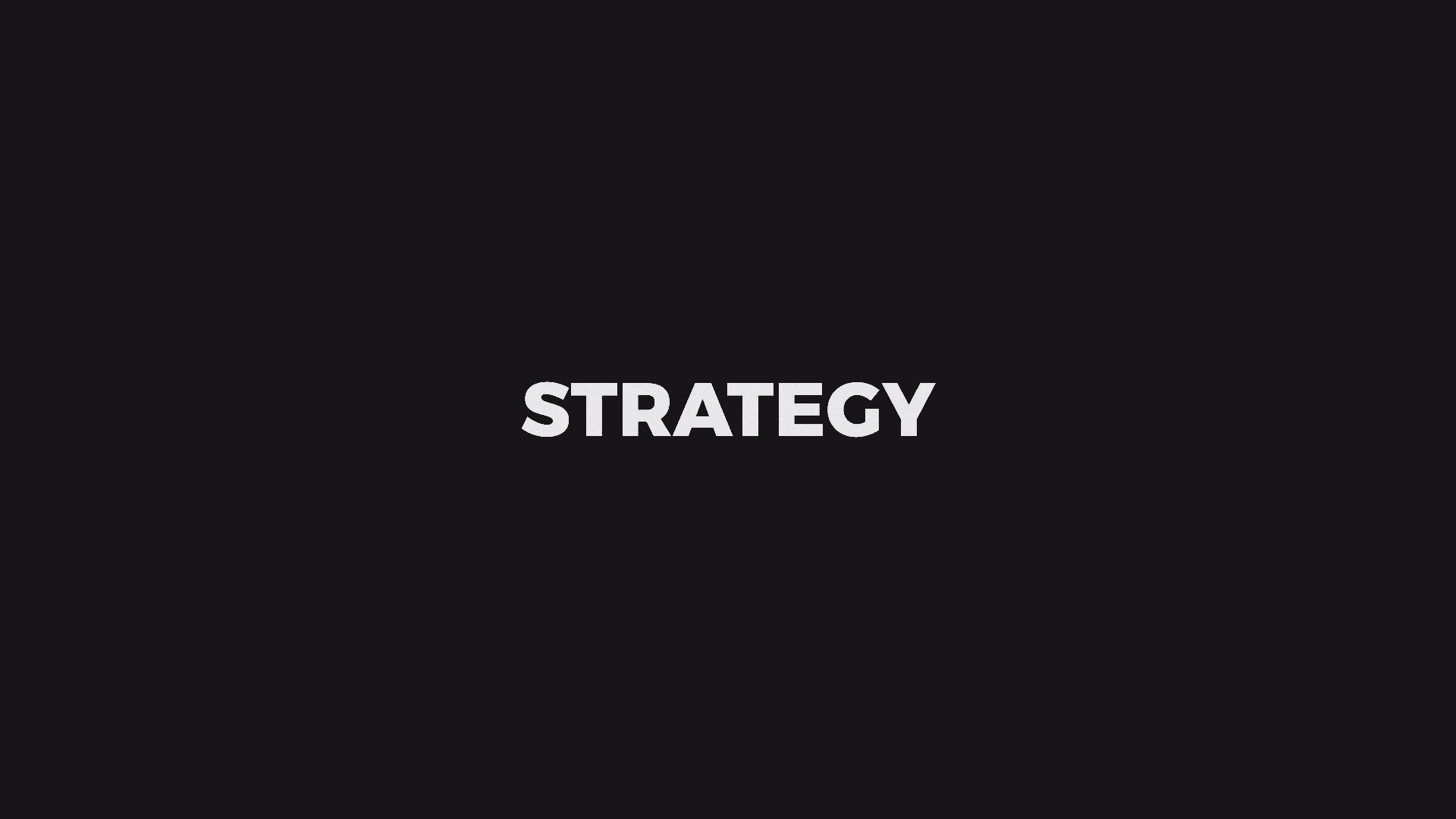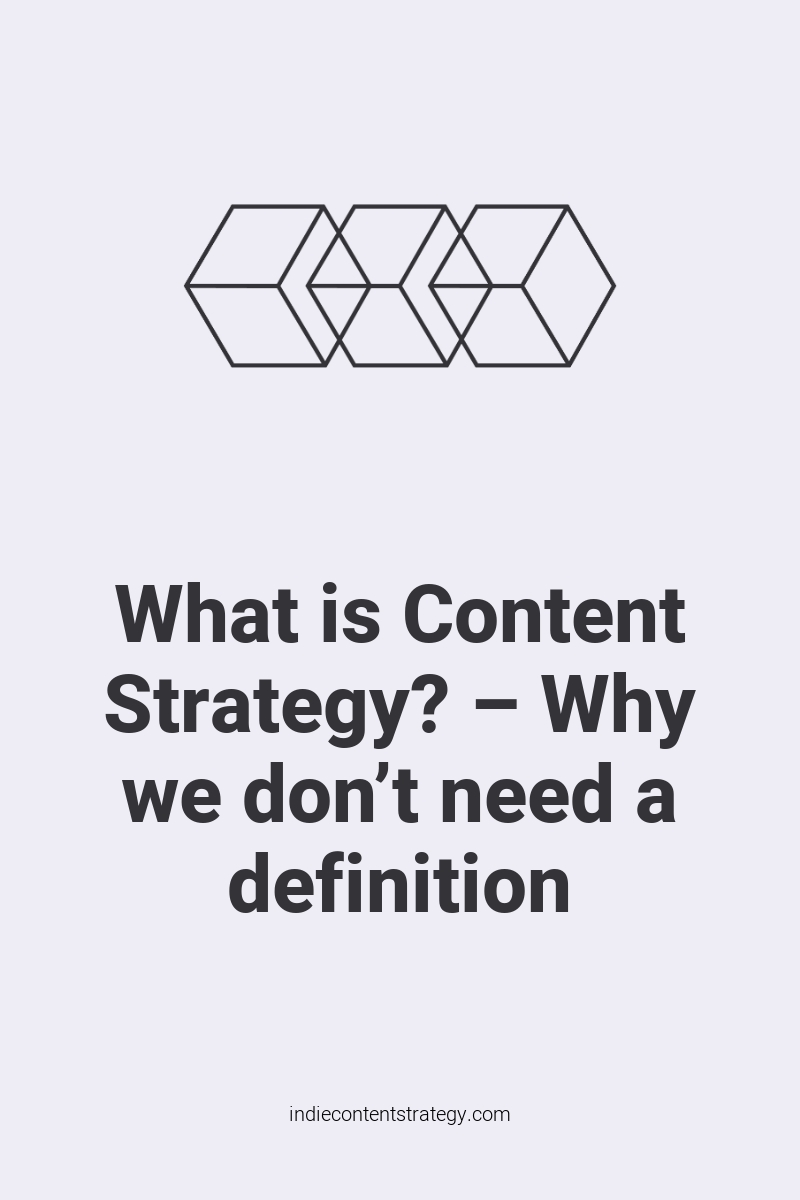I am not a fan of definitions. When you look up the definition of X, you assume that somebody has figured out exactly what X is. In my opinion, definitions should keep on evolving, but we tend to treat them as facts and start closing our minds as to what X could mean.
What made me unlearn to trust definitions
For years, I relied on the official definition of the term „startup“ to describe the right way of creating a scalable product business. Clever advisors and pioneers in that space once decided that a startup is a company designed for hockey-stick growth.
„A startup is a company designed to grow fast… Everything else we associate with startups follows from growth.“
Paul Graham in 2012, Founder of YCombinator
It is known! It is also known that startups need investors to fuel that growth.

But the democratization of knowledge and tools let startup costs fall drastically – especially of software businesses. Nowadays you can build a digital business with little to no expenses. Indiehackers, micropreneurs, indie makers and bootstrappers (whatever you prefer to call them) have ignored the traditional definition of startups by creating their businesses based on a stair-step approach, slowly building their product(s) while keeping expenses low.
Last year, in 2018, Pat Walls, Armin Ulrich and I challenged the definition of a startup publicly by organizing the #24hrstartup challenge. On November 17, 166 people ended up livestreaming themselves building a startup in 24 hours during our event.
We received a lot of critical comments in advance, saying that nothing of value could be launched in such a short amount of time.

People on Reddit and Hackernews rolled their eyes hardest. One commenter said that they have been working on their startup for 2 years and they are nowhere near launching, so how dare we call these startups? I imagine them looking like this: 😠
96 (!) people launched a product during our event. One of them was the first version of Seizure Blocker by Alexander Sideris, a tool to help people with photosensitive epilepsy stay safe online. Nothing of value? You tell me.
Bootstrapped businesses and the indie maker community are different from traditionally funded startups in many ways, but they are now part of the startup ecosystem. So why don’t we adapt our definition of a startup? Who decides what’s a real startup and what’s not? Is a bootstrapped business a startup once there’s substantial growth? (Whenever that is?) And: Does it even matter if it isn’t a startup by definition, as long as its approach works for the founders?
Jesse MS wrote a great article about the event and the evolution of the definition of startups. He lists a lot of valid reasons why creating a startup in 24 hours is a good idea.
What does this have to do with content strategy?
After all this, I now keep asking myself: Does it matter whether we define exactly what a content strategist does, and what content strategy is? There are a lot of discussions about the one true definition floating around – do we really need them?
The definition of content strategy
Since I started studying content strategy, I had to answer the question „What’s content strategy?“ about 500 times. Not only my grandparents and hairdresser are asking, but also people with a marketing, UX and development background.
So from personal experience, a basic definition is useful to explain to other people what the hell content strategists are doing. It’s important to find your place within a team. If no one knows what you do, they will not think of collaborating with you on these topics.
Personally, I took a liking to this macro definition by Kristina Halvorson:
Content strategy means getting the right content, to the right people, at the right place, at the right time.
This definition is simple, easy to understand for even my grandparents and gives my team(s) a good enough idea of what problems they can ping me with.
If you look at Rahel Bailie’s definition, it sounds more technical and more strict:
Content strategy is a repeatable system that governs the management of content throughout the entire lifecycle.
Rahel Bailie
Rahel argues that implementation is not part of a strategy – it’s only a plan for the actual development and management of content. Technically, this is very correct. I mean, it follows the definition of strategy that we use since the 19th century:
[Strategy is] A plan of action designed to achieve a long-term or overall aim.
Oxford Dictionary
I think this is one of the main points in this whole debate around definitions. It’s about differentiating content strategy from other job descriptions on the execution side.
But in the end, strategy without execution is worth nothing. A plan is just a theory. It has to be implemented to find all of its flaws and weaknesses, and to see if it actually works out or you need to pivot. So from my point of view, implementation is always part of a strategy.

To get a content strategy right, it has to be created iteratively, together with actually doing content and experimenting with different approaches. There has to be an interplay between strategy and tactic: Continuously improving the plan without losing sight of the vision. This is not a one-way road.
Why I think we don’t need an exact definition
I have encountered people differentiating between strategy and implementation before – executive consultants love to do that. A friend of mine that worked in this field admitted that he and his colleagues always were glad they left (and charged) before their client finds out during implementation that their (expensive) strategy is not thought through (because the consultants didn’t have all information necessary).
Another consultant told me he hates implementation because that’s when everything gets messy. He said he prefers his logical strategy presentations. Oh, well! 😳
It’s just not right! But I don’t think that’s where we’re headed. Every content strategist I met has been progressive in their thinking, trying to find new ways to make working with content better, no matter if a task fits their job description.
Rahel herself is talking passionately about the importance of content ops: So even if she calls herself a content strategy consultant, she does and knows so much more than her own definition of content strategy tells.
So, do we really need to argue what a content strategist’s job is exactly, and what is not? If everybody just kept within the constraints of the definition of their field, content strategy probably wouldn’t exist today, would it?
For all content strategists to-be, and for everyone trying to find their place as a content professional, I think it’s important to not get hung up on definitions and the „defined“ way to do content.
Especially as content strategy becomes a field that gets taught, critical thinking and creative application should be encouraged fiercely in every student. Else, we end up with a lot of people working by the book – a book that doesn’t really exist. I actually fell in love with the content strategy community for not doing that, so let’s keep it that way.
Read more:
- Startup = Growth by Paul Graham
- A look behind the scenes of the #24hrstartup challenge: How we reached millions with a 0$ budget by Pat Walls
- It’s not a startup: The evolving definition in a 24-hour, livestreamed, bootstrapped world by Jesse MS
- What is Content Strategy? Connecting the Dots Between Disciplines by Kristina Halvorson



